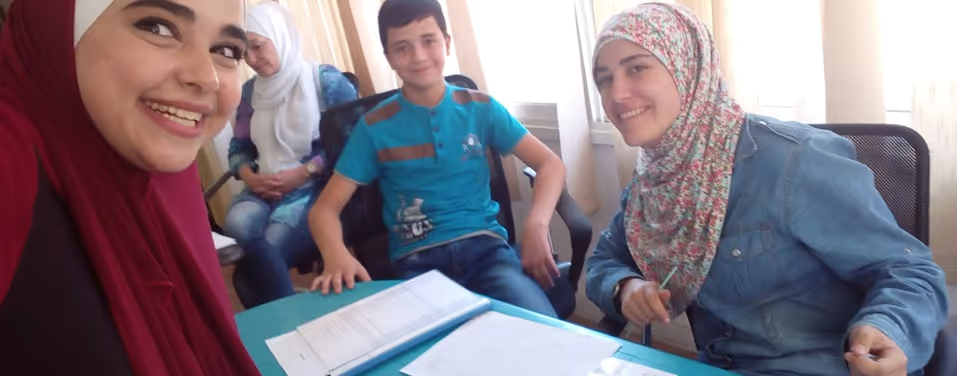What strong partnerships achieve: innovations in research and practice

Humanitarian practitioners and policy-makers increasingly recognise the importance of mental health and psychosocial support (MHPSS) for conflict-affected children and adolescents. The consequences of inaction are grave: profound stress can negatively affect decision-making, social behaviours, learning abilities and even earning capacities.
In contexts of significant adversity, effective MHPSS programming responses can have positive impacts on young people’s lives in the short term, and help improve the chances of a flourishing life in the long term. Yet resources for psychosocial support as part of humanitarian responses remain scarce. Increasing investment for this priority hinges largely on providing credible, actionable evidence on what works in MHPSS programming. Researchers, practitioners and funders are searching for innovative, practical ways to rigorously evaluate existing programmes to produce both context-specific insights and transferable lessons.